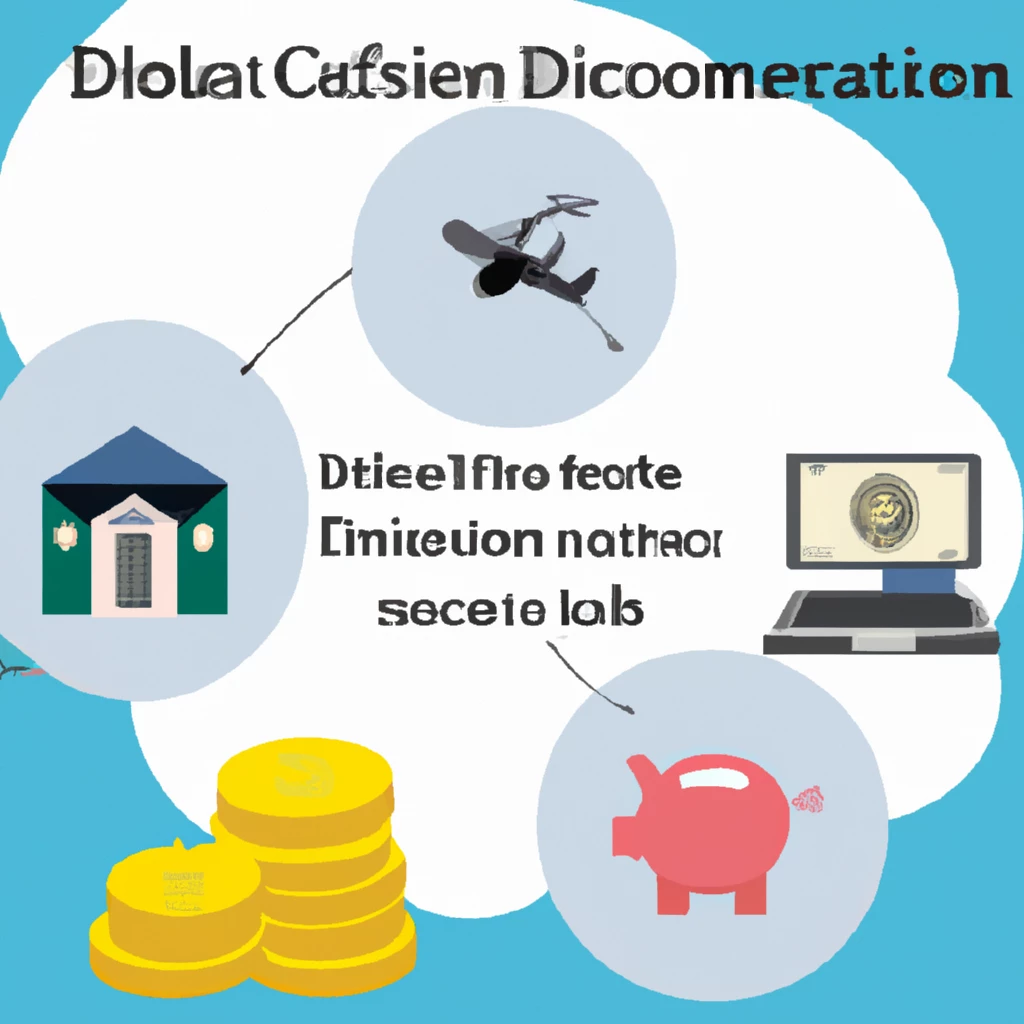Debt consolidation involves obtaining a new loan or credit card to settle existing debts, combining multiple debts into a single larger loan. This approach can lead to more advantageous payoff terms with lower interest rates, decreased monthly payments, or both. Below, we’ll explore the factors to consider when deciding whether debt consolidation is right for you and how to proceed if you choose to consolidate your debts.
How Debt Consolidation Works
Debt consolidation can be achieved through various methods, such as taking out a new personal loan, securing a credit card with a sufficient credit limit, or utilizing a home equity loan. By consolidating your smaller debts into a larger one, especially when using a new credit card, you can transfer balances from your old cards to the new card. Certain balance transfer credit cards may even offer benefits like a temporary 0% interest rate on the transferred balance.
Beyond potentially accessing lower interest rates and reduced monthly payments, debt consolidation can simplify your financial commitments by streamlining bill payments and due dates.
An Example of Debt Consolidation
For instance, if you owe $20,000 across three credit cards with an average 22.99% interest rate, you could pay approximately $1,048 per month for 24 months, totaling $4,601 in interest. In contrast, consolidating these debts into a lower-interest loan or card with an 11% rate could lower your monthly payment to about $933 over the same 24 months, resulting in $2,157 in interest charges.
With a 0% credit card, your payments could be even lower during the promotional period. See the comparison table below:
Risks of Debt Consolidation
While debt consolidation offers benefits, there are also downsides to consider. Taking out a new loan may lead to a temporary decrease in your credit score, impacting your ability to secure future loans.
Furthermore, consolidating loans with lower monthly payments but extended repayment terms may result in higher total interest payments over time. Consider consolidating on your own with a personal loan or low-interest credit card instead of relying on a debt consolidation company, which often incurs significant fees.
Types of Debt Consolidation Loans
Debt consolidation can be achieved through various loan types, depending on your current debt structure and financial situation.
Two primary types of debt consolidation loans exist: secured and unsecured loans. Secured loans require collateral like your home, while unsecured loans, although more challenging to acquire, typically have higher interest rates but lower qualifying amounts. Despite this, loan interest rates are generally lower than credit card rates, with fixed rates for the repayment duration.
When consolidating debt, prioritize paying off high-interest debts first to optimize your repayment strategy.
Personal Loans
Personal loans from banks or credit unions offer lump sum payments with fixed interest rates and scheduled repayments. These loans often feature lower interest rates than credit cards, making them ideal for consolidating credit card debt.
Credit Cards
A new credit card with lower interest rates can help alleviate credit card debt burdens. Some credit cards provide an introductory 0% APR period upon balance transfers, typically lasting between six to 21 months before transitioning to higher rates.
If you own a home with built-up equity, utilizing a home equity loan or HELOC can effectively consolidate debt at rates lower than credit card interest rates.
Student Loans
Federal student loan consolidation options, including direct consolidation loans, offer borrowers weighted average interest rates. While extending repayment periods may reduce monthly payments, it could increase total interest paid in the long term. Note that private loans do not qualify for federal consolidation programs.
Debt Consolidation and Your Credit Score
Consolidating debt responsibly can lead to long-term credit score improvements by managing payments effectively and reducing credit utilization ratios. However, initiating new loans can temporarily impact your credit score, especially concerning older, established debts.
Qualifying for Debt Consolidation
To qualify for a debt consolidation loan, borrowers must meet income and creditworthiness criteria. Required documentation may include employment letters, recent statements for each debt to be consolidated, and correspondence from creditors.
The Bottom Line
Debt consolidation offers an effective method to streamline debt repayment and reduce interest costs. Various options exist, such as personal loans, credit cards, or home equity loans, enabling individuals to choose the most suitable approach for their financial circumstances.
